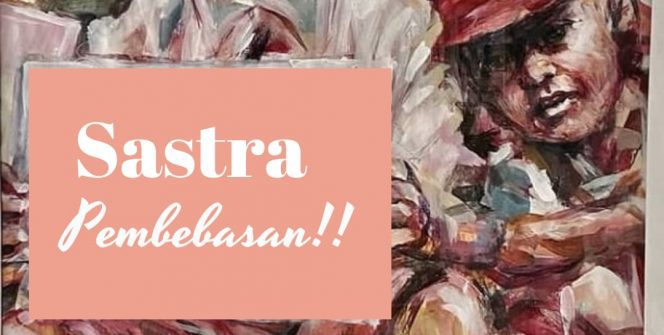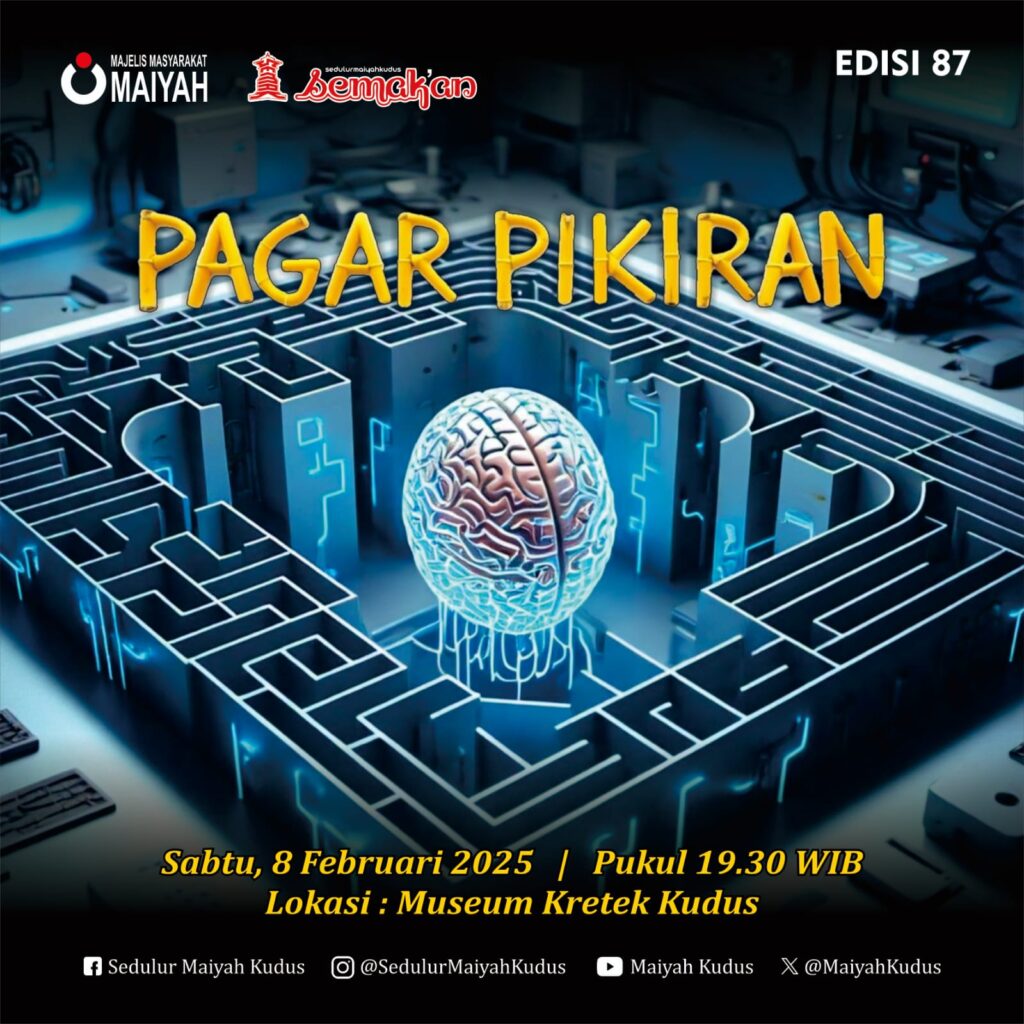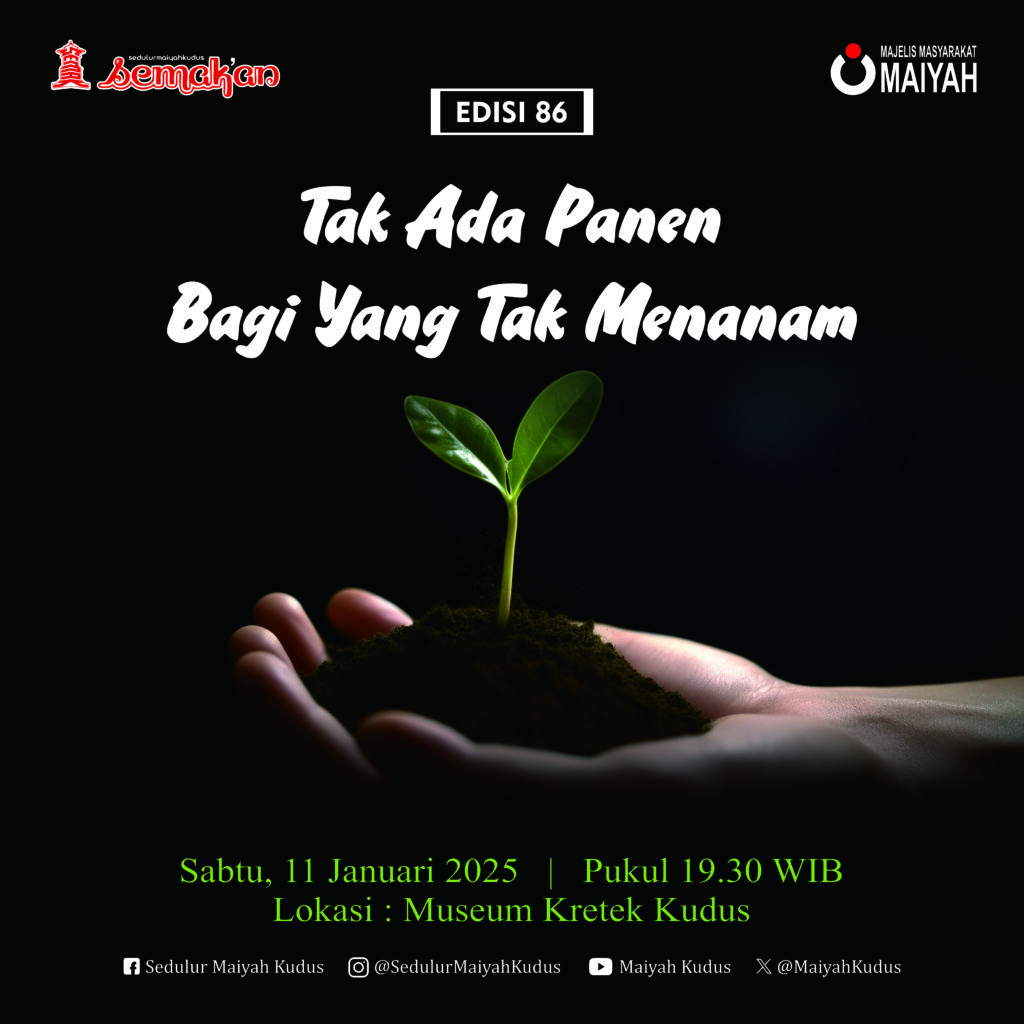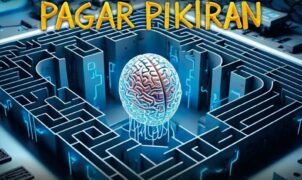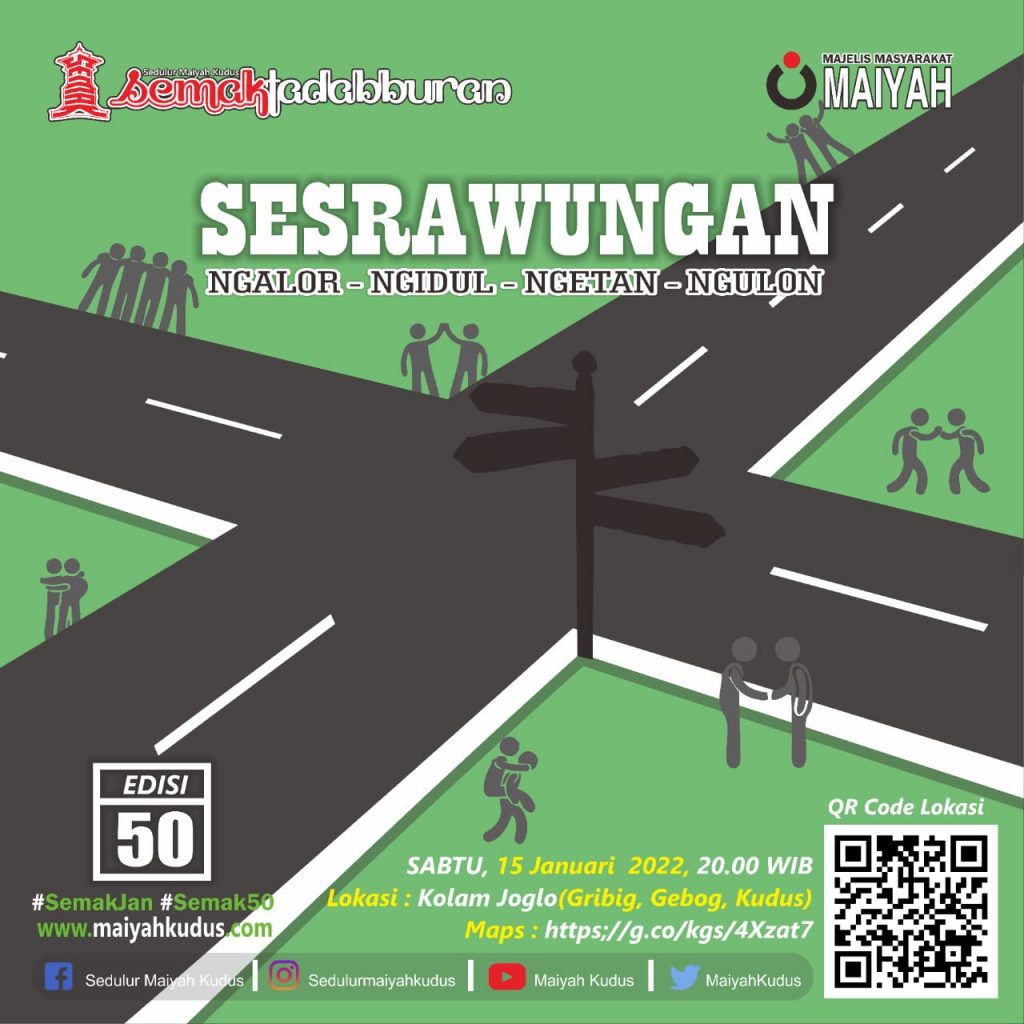Introduction to the 70th edition of Semak’an (September 9, 2023)
Language is the greatest discovery of mankind. It is seen when humans mark the ancient era, the era before progress, as the pre-historic era, the pre-language era, pre-literacy. Through language, humans are able to gain knowledge and actualize it. Humans touch language to communicate with others, convey a message and receive it.
As an element of culture, language does not stop at expressing thoughts and feelings, but develops into literature: an art to say something unspeakable. In literature, language tries to go beyond itself. Escaping the grip of meaning, for example, as Sutardji and Afrizal Malna did, or freeing themselves from the boundaries of fields so that literature is able to interrupt something outside of language, as Rendra, Pramoedya, and Emha did.
It is wrong to see literature merely as words on paper. Inevitably, whether we like it or not, literature is a path to freedom. Freedom from what, who, and then where — is determined by the value system adopted by the literary practitioners. What kind of vape uses freedom do they see. If the freedom in question is freedom from political hegemony, perhaps we will get rid of the menyemen-menye writers, or in Rendra’s language, “salon poets who only rhyme about wine and the moon while injustice occurs beside them”.
But, isn’t demanding a poet to be this or that actually violating the limits of freedom? Perhaps there are times when individual freedom must be sacrificed for collective freedom — because “what is the meaning of art if it is separated from the suffering of the environment, what is the meaning of thinking if it is separated from the problems of life”. Rendra could not have said that without reason.
Literature viewed from the perspective of social freedom is often referred to as Liberation Literature. It refers to literature that involves critical thinking. A movement that has a long history. Inspiring many social changes in society. A voice that insists on questioning existing social, political, and cultural norms, and has played an important role in the process of liberation and change in the Indonesian nation.
There is a long debate that has probably not stopped until now. Literature for literature or literature for humans. At first glance, the two things are similar. But, the meaning is different: literature for literature means literature that is busy in itself. Busy concocting materialistic-existential beauty that is okay if it does not create any social change: “I write, satisfied, enough”, even if it has to touch, yes, enough with fellow literature, no need for politics – humanity, no need. This kind of literature is actually influenced by the European romantic tradition that was more established in terms of food, clothing, and shelter. At least in general. So that art for them becomes a vehicle for masturbation only. The important thing is that it is delicious. Even though nothing is born from it.
Literature for humans is a bit different. It is literature that feels responsible for being a catalyst for social change. If you think about it, it’s actually a bit confusing. These writers are not prophets — but are called to carry out a liberation movement against injustice, vape, inequality, oppression, and hegemony — even though sometimes they are still confused about buying cigarettes and coffee. Oh, kidding~
When we read a literary work; whether it is a short story, a poem, or a drama script and from it we are inspired to be more conscious in questioning the status quo, it is most likely a type of literature for humans — a Liberation Literature, and we are in the process of that liberation. There are indeed two perspectives in viewing it: from the reader or from the writer. The writer creates the motif. The reader receives the impression. The two do not have to be connected. Sometimes there are writers who write small things but the reader receives them as big things. If one perspective tries to send or receive the inspiration of liberation, then a work deserves to be called Liberation Literature.
It is actually a fortune experienced by writers when living in an unstable situation. That instability is what gives birth to creativity. Whether it is instability in themselves or in their environment. Chairil Anwar, Indonesia’s greatest poet, who perfected the Indonesian language through his poems — actually suffered from an illness that required him to undergo dialysis every two weeks. That instability prompted him to create poetry because with it he would get enough honorarium to pay for his treatment. When writing poetry, Chairil Anwar also carried out a liberation movement. The first, freeing himself from the need to Visit Content Flash pay for dialysis. The second, freeing society from the shackles of the Malay language to perfect the Indonesian language. The third, freeing society from an oppressed mentality to a free mentality.
That is one example of the work of liberation in literature that has colored many important moments in this country. From independence to reform. A literature that is now so quiet. It is dangerous if liberation is felt to be obsolete — felt to be no longer needed.

